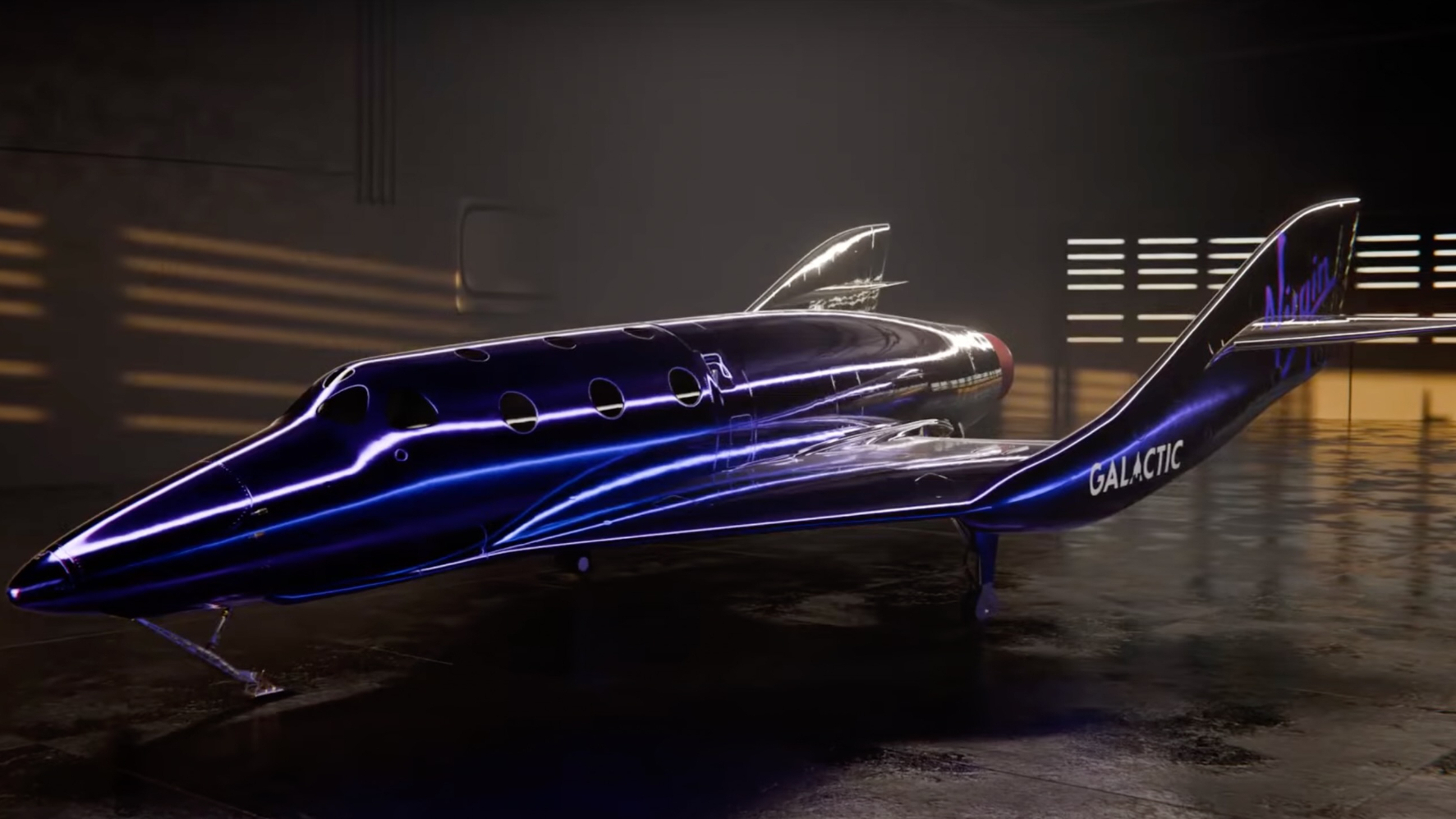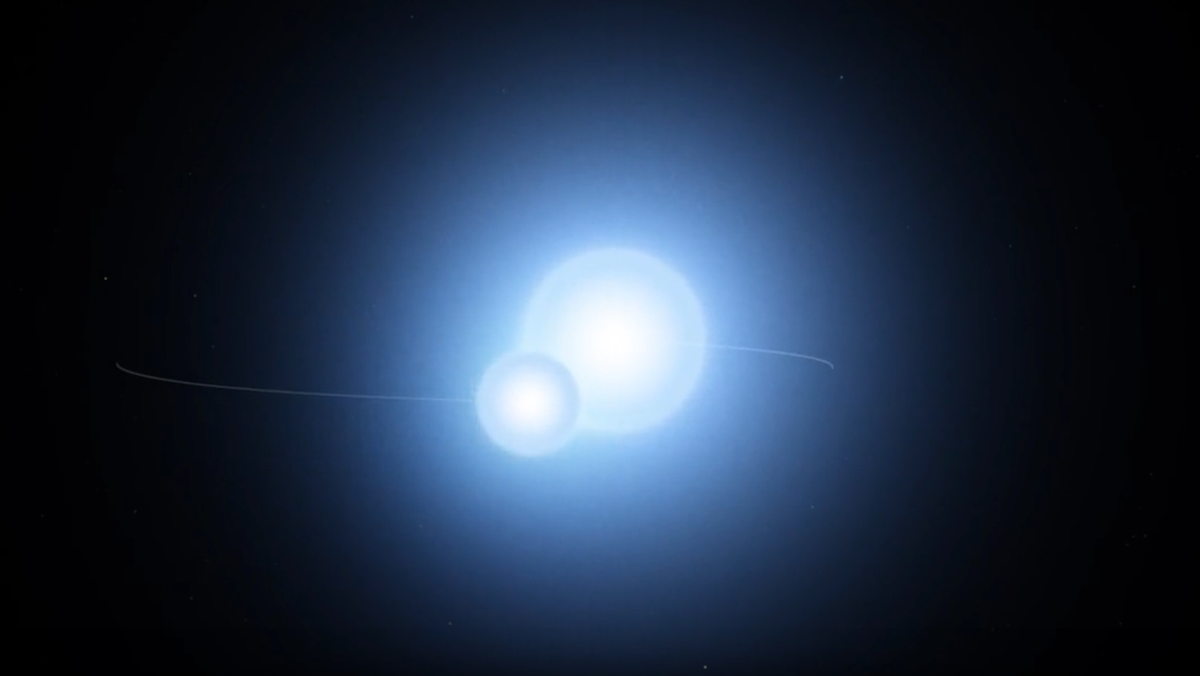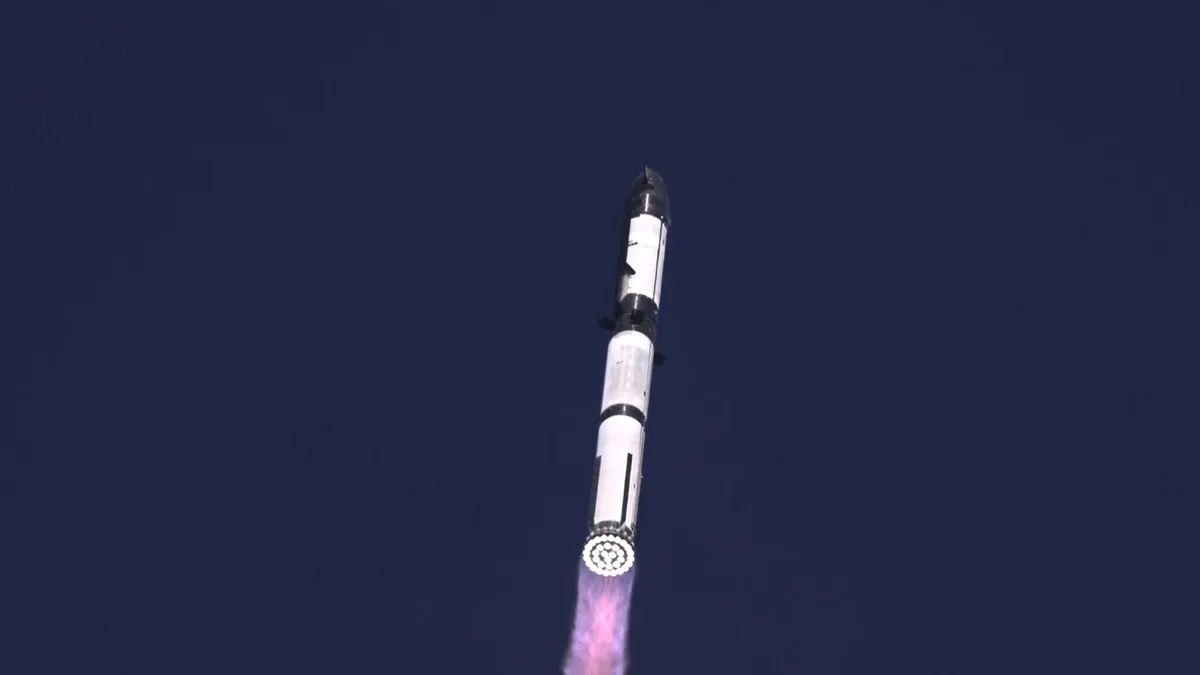Virgin Galactic's spaceflight drought will last just about two years, if all goes according to plan.
The suborbital space tourism company last went to the final frontier in June 2024, on the final flight of its VSS Unity space plane. Virgin retired Unity to focus on developing its new, more efficient "Delta class" vehicles — and the first of those advanced, six-passenger ships remains on track to debut next year, according to the company.
"An enormous amount of work is taking place across our company, as well as at our key suppliers," Virgin Galactic CEO Michael Colglazier said during an earnings call with investors on May 15. "We continue to expect our first [Delta] research spaceflight will take place in summer of 2026, with private astronaut flights following in fall of 2026."
That call, which reported Virgin Galactic's financial results for the first quarter of 2025, provided a number of other updates as well.
For example, Colglazier said the company — which currently has about 675 customers on its manifest — plans to start accepting flight reservations again in the first quarter of 2026. New customers will be brought onboard via a new "highly bespoke education sales process" that will feature distinct "waves."
"This approach has several intended benefits for customers," Colglazier said. "Tailoring the number of new arrivals into our future astronaut community during each wave allows us to provide a white-glove onboarding experience that will form the foundation of each customer's journey to space. From a yield-management perspective, this allows us to adjust our pricing wave by wave."
Ticket prices have not yet been set, though it's expected to be higher than the $600,000 that the most recent customers paid, he added.
Virgin Galactic is currently building two Delta-class ships but plans to expand the fleet over time. The company will be quite busy once the first one comes online. Each of the new space planes is designed to fly twice per week, Colglazier said — a big leap in cadence over VSS Unity, which flew seven commercial passenger missions from June 2023 until its retirement a year later.
Virgin Galactic employs an air-launch strategy. Like VSS Unity, each Delta ship will lift off from a runway beneath the wings of a large carrier aircraft, which will drop the space plane at altitude. The spaceship will then ignite its onboard rocket motor, powering its own way to suborbital space, and come back down to Earth for a landing on the same runway from which it took off.
In last quarter's earnings call, Virgin Galactic mentioned the possibility of making the carrier aircraft a multipurpose vehicle — using it to haul something other than a space plane into the sky. Over the past few months, the company has continued investigating this potential vehicle variant, which it calls HALE ("High Altitude Long Endurance")-Heavy.
"Since last quarter, we've connected with leaders within the Department of Defense, national laboratories and aerospace and defense companies to ascertain the potential product market fit of our carrier aircraft capabilities with government customer needs," Colglazier said.
"We've been encouraged by initial feedback, which has identified both existing and emerging missions that could potentially benefit from access to HALE-Heavy support aircraft," he added. "Examples of these missions could include airborne research and development testing; intelligence, surveillance and reconnaissance support; command and control node capabilities; and multiple opportunities within the emerging Golden Dome [missile defense] initiative."
To date, all of Virgin Galactic's suborbital missions have lifted off from Spaceport America in New Mexico. But the company is looking to fly from a second site as well, likely in either Europe or the Middle East.
Virgin Galactic is making progress on this goal as well, Colglazier said during the May 15 call.
"We are midway through our feasibility assessment with the Italian government for a spaceport in southern Italy," he said.
.png)
 German (DE)
German (DE)  English (US)
English (US)  Spanish (ES)
Spanish (ES)  French (FR)
French (FR)  Hindi (IN)
Hindi (IN)  Italian (IT)
Italian (IT)  Russian (RU)
Russian (RU) 









Comments